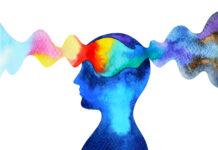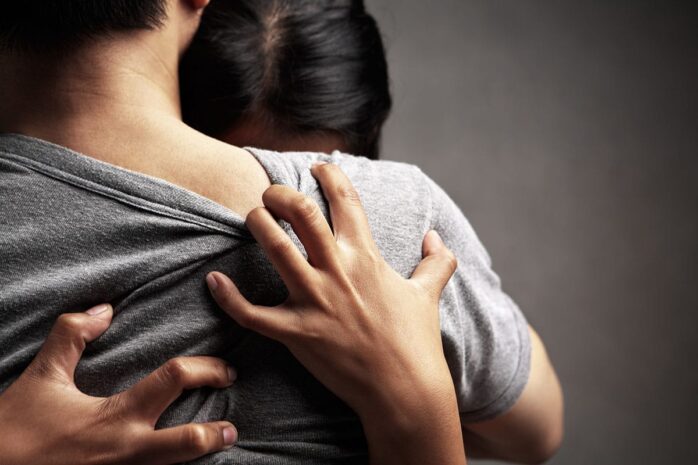
Love addiction is a serious addiction that affects millions of people around the world. It’s not just a matter of falling in love with someone and having strong feelings for them. Love addiction is a pattern of behavior that causes severe emotional distress and can lead to life-threatening consequences if left untreated.
In this article, we’ll be taking an in-depth look at what love addiction is all about so you can learn more about it and recognize if you or someone you know might have it.
Love Addiction: What is it
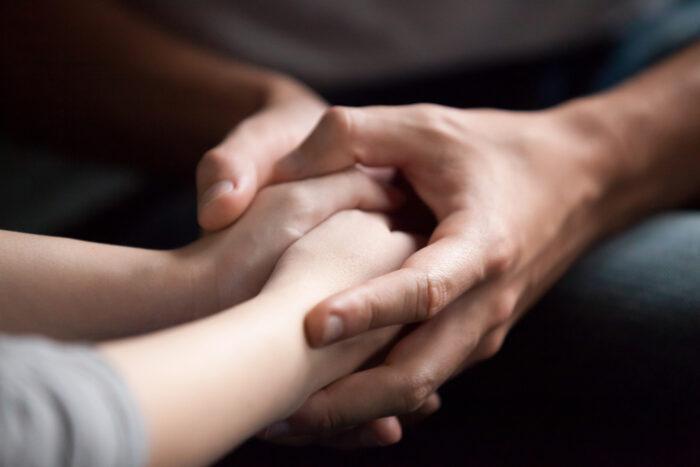
Love addiction is a compulsive behavior that involves a strong craving for romantic or physical relationships. It’s not the same as being in love, and it doesn’t come from an actual mental illness. Instead, it’s an emotional problem caused by feeling empty inside.
They grow dependent on those intense feelings that are usually felt at the beginning of a relationship. These intense feelings can lead to something more like infatuation and obsession. In normal relationships, this addiction-Esque dynamic fades as the intense emotions fade. Someone suffering from love addiction does not want this intensity to go away.
They often bounce from one relationship to another once those feelings fade.
How love affects the brain
The research involved in human attachment and the brain, and the neurobiology of substance abuse have parallels. They entail very similar brain regions along with the same neurotransmitters when love or substances are used.
Love and addiction trigger the reward learning centers of the brain and the production of dopamine, oxytocin, and serotonin.
It is a mental illness?
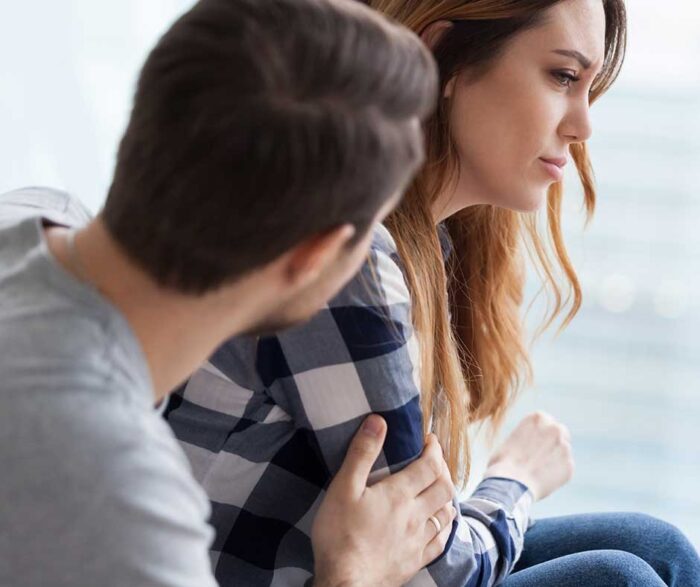
It is not a mental illness, but it can be treated as such. While it has not been officially recognized in the Diagnostic and Statistical Manual of Mental Disorders (DSM-5), evidence suggests that substance use disorder and love addiction are very similar.
Love addiction isn’t an official diagnosis in the DSM-5 (the manual used by psychiatrists and psychologists for diagnosing mental illnesses) because there hasn’t been enough research conducted for professionals to know whether it should be considered an official diagnosis yet. Many psychologists believe that love addiction belongs in the DSM-5 alongside the other substance use disorders.
Signs of love addiction
Between 3 and 6% of the adult population are likely struggling with love addiction. It’s harder to diagnose as there’s no established way of assessing a diagnosing the feelings.
Do you:
- Suffer from an overwhelming fear of being alone
- Have obsessive thoughts about your relationship
- Have an excessive need for contact with your partner
- Feel intense negative emotions when away
- Have no self-identity outside of your relationship
- Feel worthless when you’re not in a relationship
- Lose interest in work, activities, and friendships
- Feel an attraction to emotionally unavailable people
Symptoms of Love Addiction

Love addiction is a disorder that affects the brain, causing you to obsess over your relationships. The condition creates a cycle of destructive and self-destructive behavior that can leave you feeling hopeless, depressed, and anxious.
- Confuses love with obsession, neediness, cycles of rescue, or needing to be saved
- Little to no boundaries
- Intense fear of being alone, rejected, or abandoned: may tolerate emotional and physical abuse because of this
- Feel a desperate belief that the person in a romantic relationship with will make them feel valuable, alive, worthy, and admirable
- Break-ups result in painful withdrawal and obsessions. Extreme sense of betrayal, anger, and even pain.
What causes love addiction?
Because love addiction is a way to cope with unmet childhood needs, it’s important to understand what those needs are. It may be those who grew up with emotionally unavailable parents. They are trying to fill an empty void and ‘fix’ what they didn’t feel when they were a child.
Some who have been diagnosed feel that they were abandoned or neglected as a child.
However, these childhood traumas aren’t necessary, as a society, we set ourselves up for an addiction to love according to Kerry Cohen, a psychologist on sex and relationships. Our romantic comedies and fictional tales of love conquering all and fixing all our pain treats relationships like destinations rather than journeys.
There are 4 types of love addicts
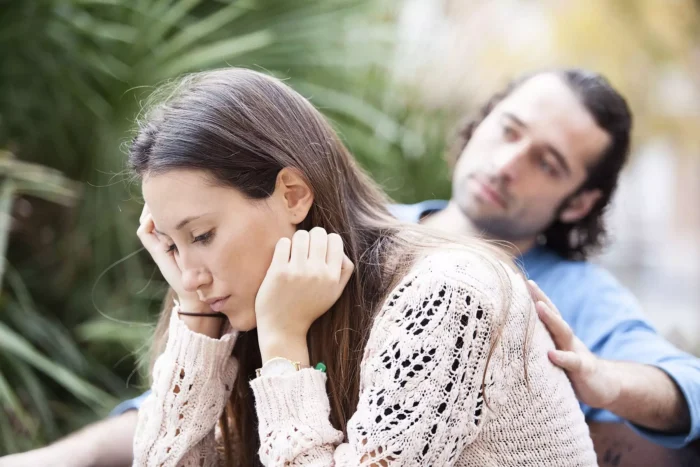
There are four types of love addicts. These are:
- Obsess/obsessive love addict. You struggled with leaving partners.
- Co-dependent love addict. Your partner is the source of your self-esteem and self-worth.
- Narcissistic love addicts. Use their relationship to establish a position of power through exploitation.
- Ambivalent love addicts. Avoids true intimacy. They are addicted to the idea or illusion of relationships.
Co-Occurring Disorders and Substance Abuse
Love addiction can exist with many other types of mental challenges. Depression and anxiety are often found as co-occurring disorders.
Effects of Love Addiction
If you suffer from love addiction, there are many possible effects that can occur. These can include:
- Co-occurring disorders and substance abuse. For example, if you have a substance abuse problem and also suffer from love addiction, your chances of developing an eating disorder are much higher than in those who do not have co-occurring disorders.
- Depression. People who are addicted to relationships tend to be more likely to experience depression than those who aren’t addicted.
- Anxiety. Those with love addictions often struggle with anxiety issues as well because their relationship status is constantly fluctuating.
Is there treatment?

There is a lot of treatment available for love addiction. If you or a loved one are struggling with this addiction, try an IOP program in Los Angeles now.
Treatment may include individual or group therapy, or both. Your therapist will help you learn how to identify your triggers and develop strategies for coping with them constructively.
You can also be treated for co-occurring disorders like substance abuse or co-dependency. If you are in a committed relationship, the best thing to do when dealing with love addiction is to get professional help and try to work through your problems together with your partner.
Conclusion
As you can see, love addiction is a serious condition that requires professional treatment. It is important that you get help as soon as possible before it gets worse.
We hope this article has helped you understand what love addiction is, how it affects the brain and body, what causes it and how to treat it by seeking professional help.



